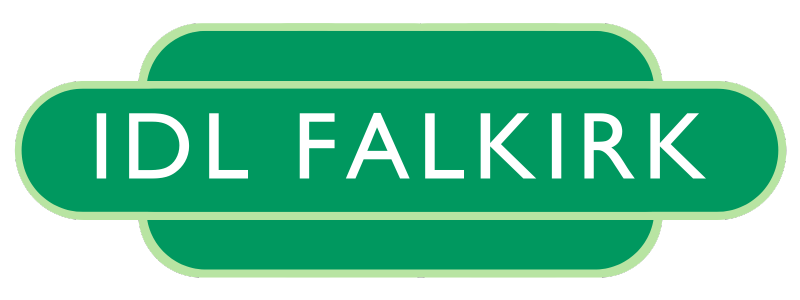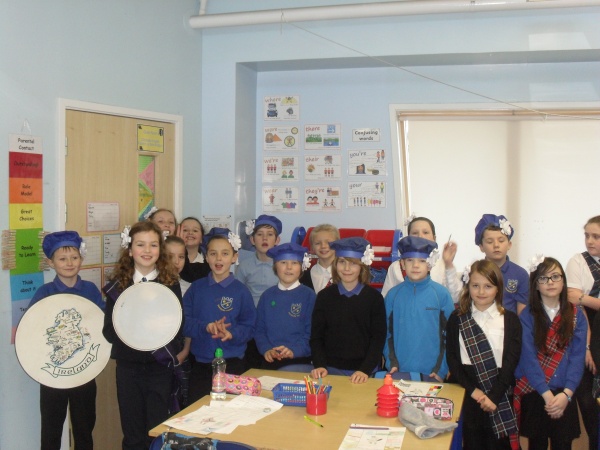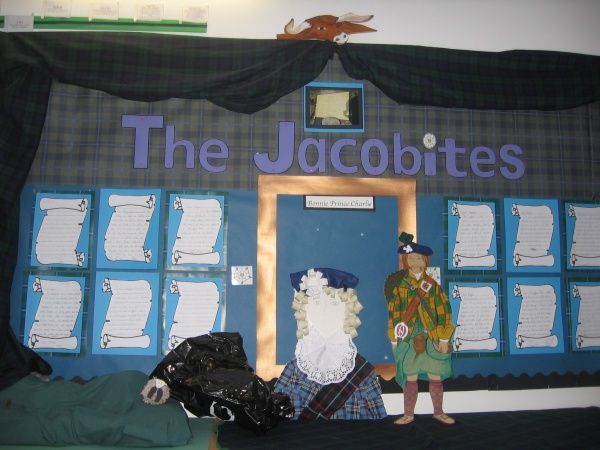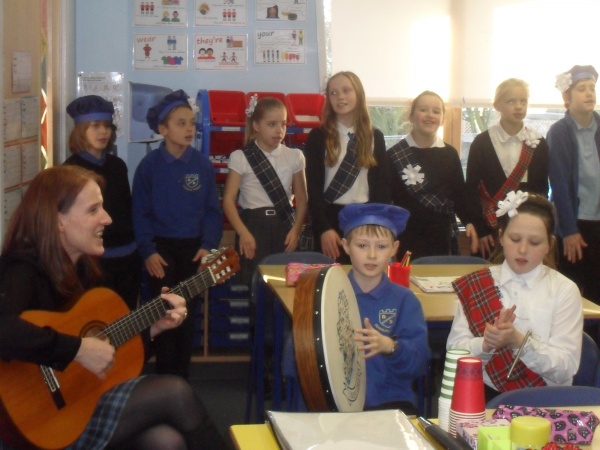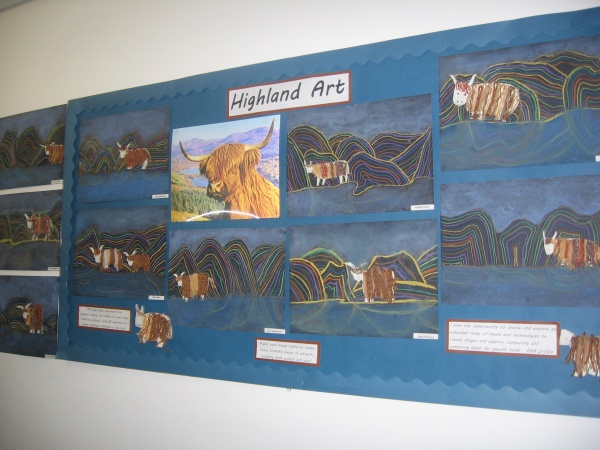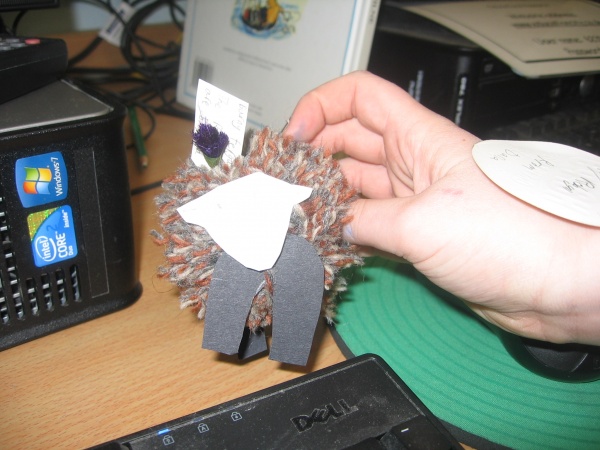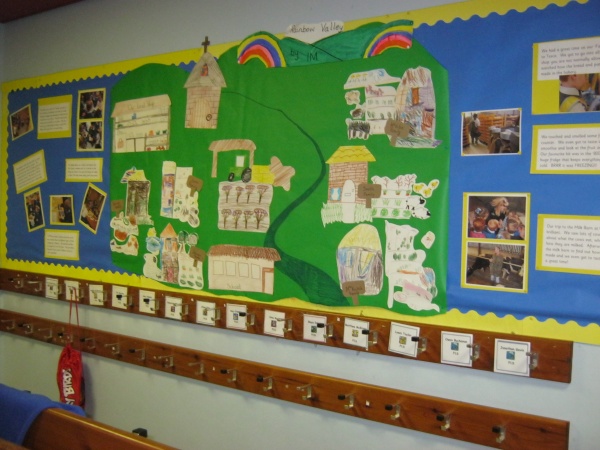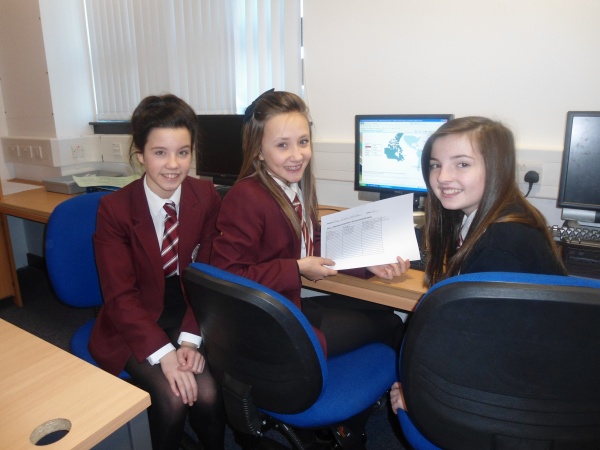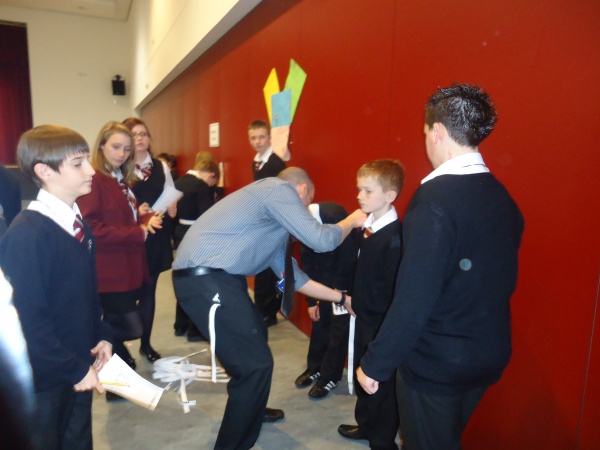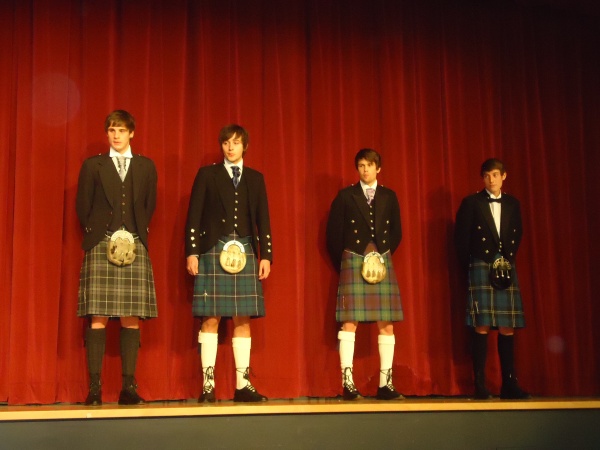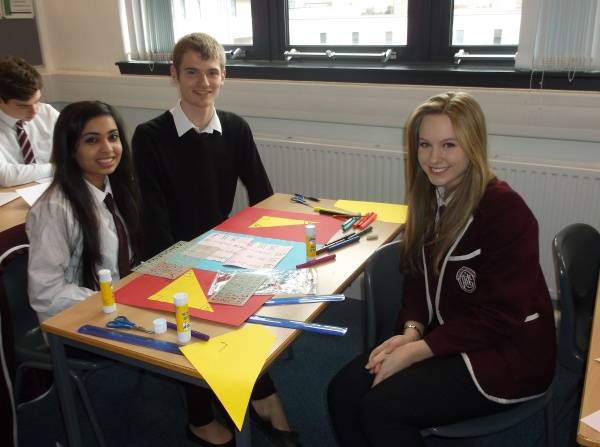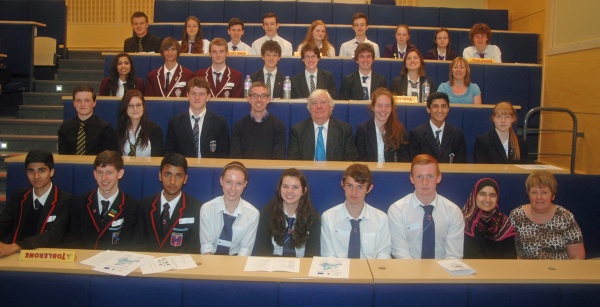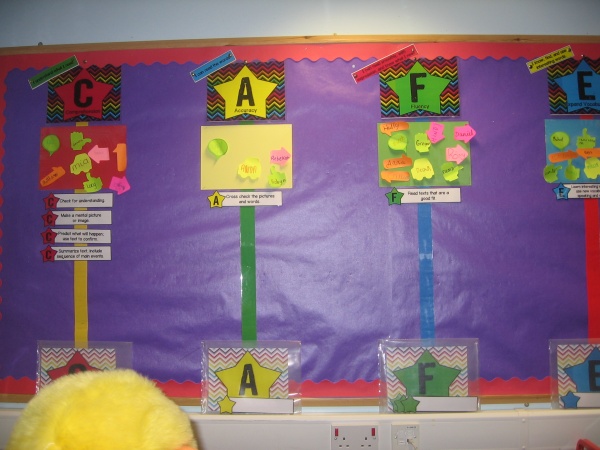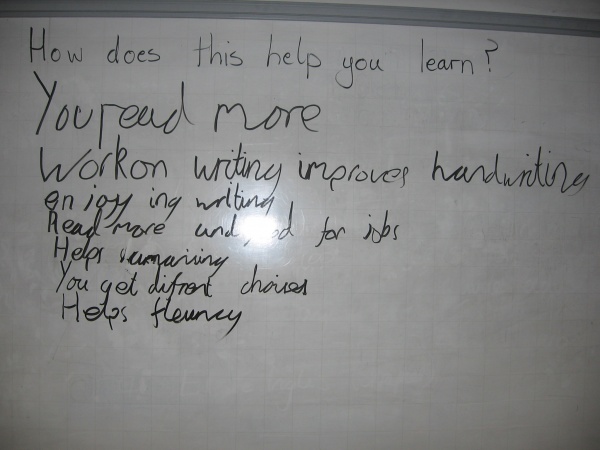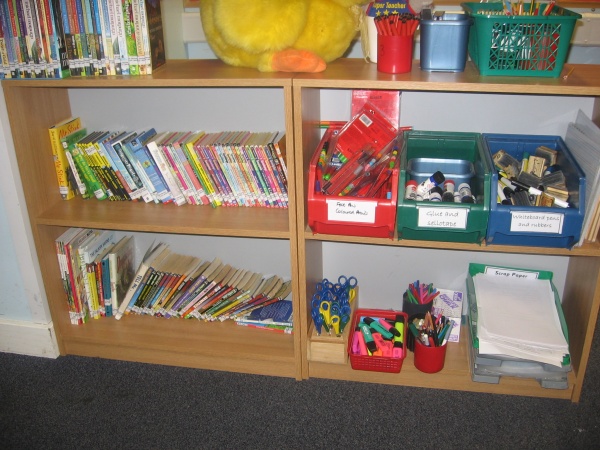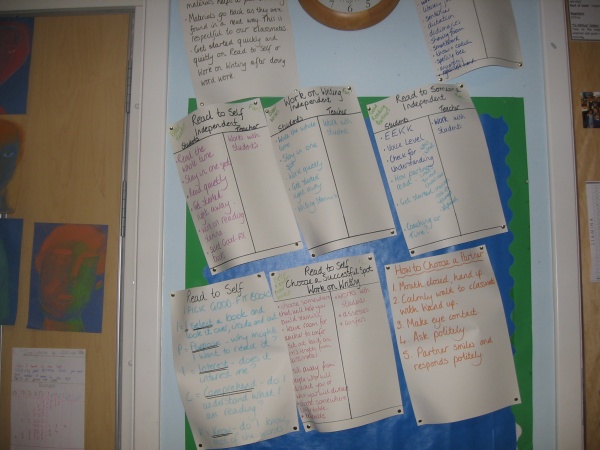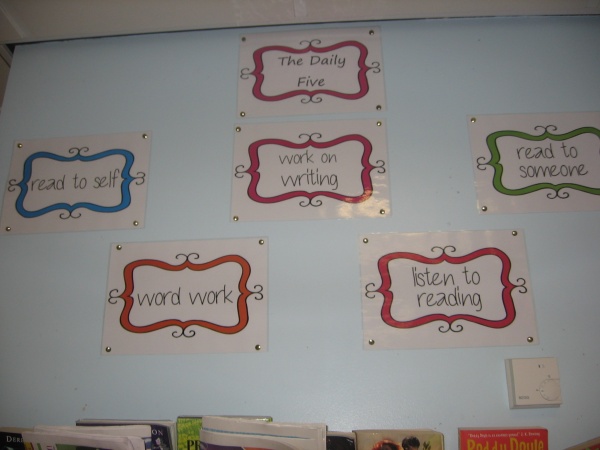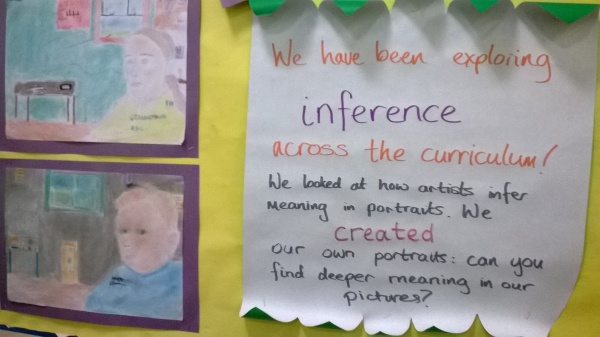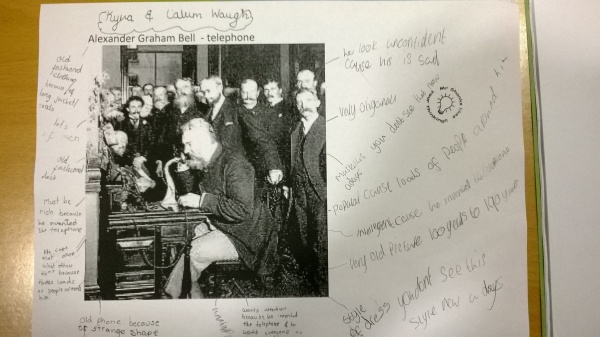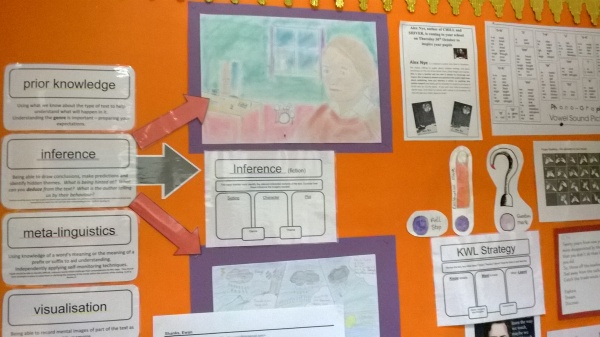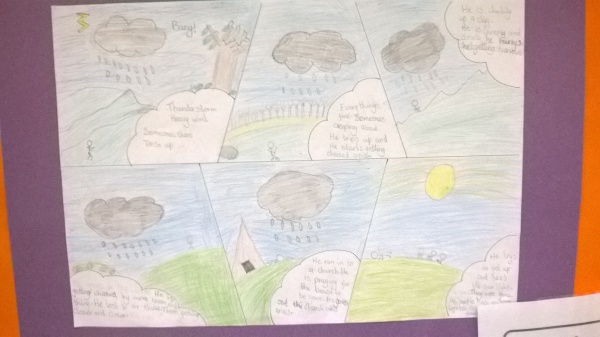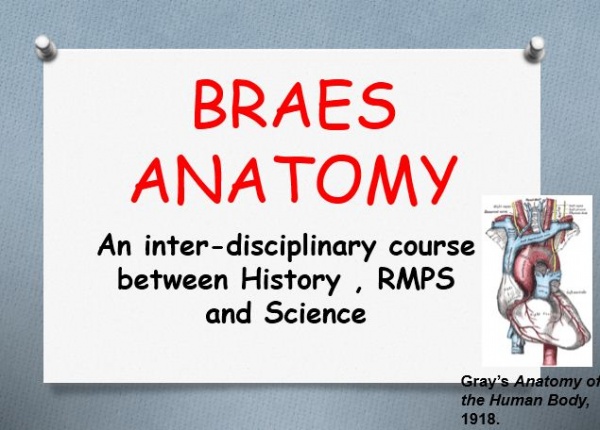Yvonne McBlain was pleased to be able to meet with teachers from Falkirk HS to explore how they have been developing interdisciplinary learning across the school. James Thomson, Head of Language faculty and his colleagues Amanda Gouther and Melanie, shared two collaborations taken forward this session.
The first involved English, Social Studies, PSE and Pupil Support staff, and took place over 2 weeks for S2. Staff in all of these departments recognised a need to develop pupil ability to speak confidently and well in public. They had observed that many pupils lost confidence between S1 and S2 in their ability to apply their skills to structure and deliver a verbal presentation. Consequently, staff worked together to plan a series of tasks which used social studies content as a focus for the pupils’ final presentations, which were delivered in English. In this way, staff were able to co-ordinate their course content with minimal change or disruption to their unit plans and normal timetables. The experience built into a cross-year competition which raised the profile of these skills for learning, and allowed pupils to appreciate their own, and others’ progression.
The second IDL development also involved S2 and was a collaboration between Modern Languages and HE. Each subject planned activities which were delivered within their usual timetable. In the early stages, most took place discretely, but then culminated in more obviousl integration of subject learning when pupils opened and ran their French Cafe. Pupils developed their knowledge of French vocabulary by using this in Home economics. They tried samples of traditional French food and used role play to deal with currency conversion between Euros and Sterling. Teachers used co-operative learning strategies to ensure that pupil groups had specific responsibilities for setting up and running the cafe. The pupils had real customers and were able to apply their conversational use of the French language and money-handling skills as well as the obvious and valuable social interaction. Staff built assessment of agreed criteria into the learning experience via a pupil quiz, and this learning experience proved very motivating and engaging for the pupils involved.
James also shared a planned IDL activity for December 2014 linked to the famous football game truce which took place in No Man’s Land 100 years ago between British and German troops. This will be called Joyeux Noel and will involve S3 modern languages and history pupils. He hopes that pupils can attend a special film screening and use associated resources to develop their knowledge and understanding of the conflict, as well as offering an opportunity to develop and use language skills.
